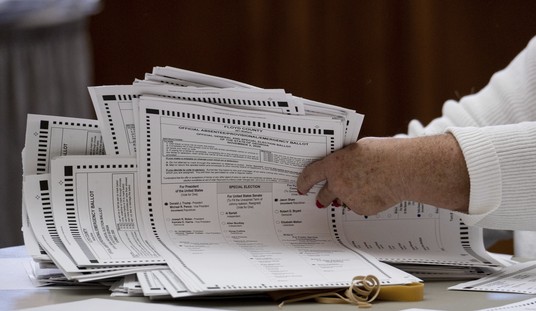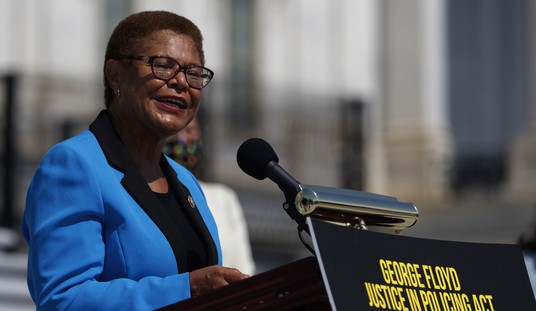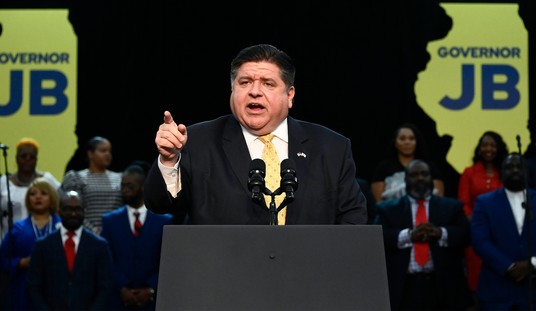Frank J. Tipler, Professor of Mathematical Physics at Tulane University and published author, argues that macroeconomists — and by implication the politicians who rely on their models — are flying blind because none of them work with any reliable precision. He writes that both Galbraith and Friedman were alike in one respect: neither could tell you what was going to happen to the economy.
In the early 1980’s, the Wall Street Journal asked liberal economist John Kenneth Galbraith and conservative economist Milton Friedman to predict the macroeconomic trends over the next two years. Both agreed that inflation would rise above 10%, and both accused the other of obtaining his prediction by reading chicken entrails. Both were wrong about inflation, but both were right about the chicken entrails.
Galbraith and Friedman were two of the leading late twentieth century experts in macroeconomics — the study of the national or global economy. They applied different macroeconomic theories to make their predictions. Both predictions were completely wrong, which indicates that the theories from which the predictions were made were also wrong. Today, the United State government is about to embark on a vast macroeconomic experiment to prevent the global economy from collapsing into depression. How can we tell if the course of action recommended by a given economist today is any better than reading entrails? Basing an action on a macroeconomic theory that is wrong is acting at random: the action may make matters worse, much worse that doing nothing. If you don’t know how a machine works, don’t mess with it.
Greg Mankiw argued that macroeconomics was still worthwhile because it was a discipline struggling to emerge from a cocoon of obscurantism; and that although it had the predictive power of astrology, there were no defects that little more research couldn’t cure. Better facts and better models would ultimately lift the dismal science from the mire just as astronomy raised from the soothsayers during the time of Copernicus. It was a science in embryo. But Tipler believes that is all the more reason for macroeconomists keep silent until they have something to say. Until then, macroeconomics is merely opinion journalism.
The moral of the story is simple. Macroeconomists should realize that the inability of their theories to make accurate predictions means that they do not know what they are talking about. We non-economists should realize this also, and realize that our leaders, who are being advised by macroeconomists, haven’t got a clue where they are leading us. Their actions may lead us out of the current recession, or they may lead us into a depression as bad as the Great Depression.
Franklin Roosevelt is often given credit for experimenting with the economy in a scientific manner. He did nothing of the sort. Any experiment involving human beings has to be a controlled experiment, as in medicine. Half the patients are given the new medicines and the other half, the controls, either the old medicine, or a placebo. Then, and only then, can one tell if the medicine actually improves the condition over doing nothing (the placebo), or is making matters worse. In contrast, Roosevelt — and today’s economic advisors to the President, unfortunately — propose to apply their economic medicine to the entire economy. This is astrology, not science. The professors of economics have no true, experimentally confirmed knowledge of macroeconomics.
I think both Mankiw and Tipler make valid points. Mankiw is correct to say that all truth begins in bunk. But Tipler is also right to claim that it cannot remain there, and as long as it does macroeconomics is still bunk. Yet neither makes the point that it is precisely the unscientific, open ended character of macroeconomics that makes it so useful to politicians. If macroeconomics ever became as powerfully predictive as physics or astronomy politicians would never go near it. Science has the disquieting property of establishing a right and a wrong answer. What would be the fun in that?
The abundance of lawyers and social scientists in politics is matched only by their unsuitability for other duties. Lawyers and activists can figure out how to save the planet in just eight hours. Politics is the art of being right even after you’ve been proven wrong.









Join the conversation as a VIP Member